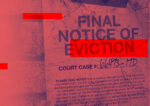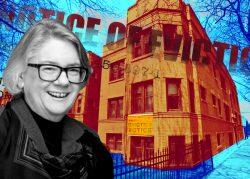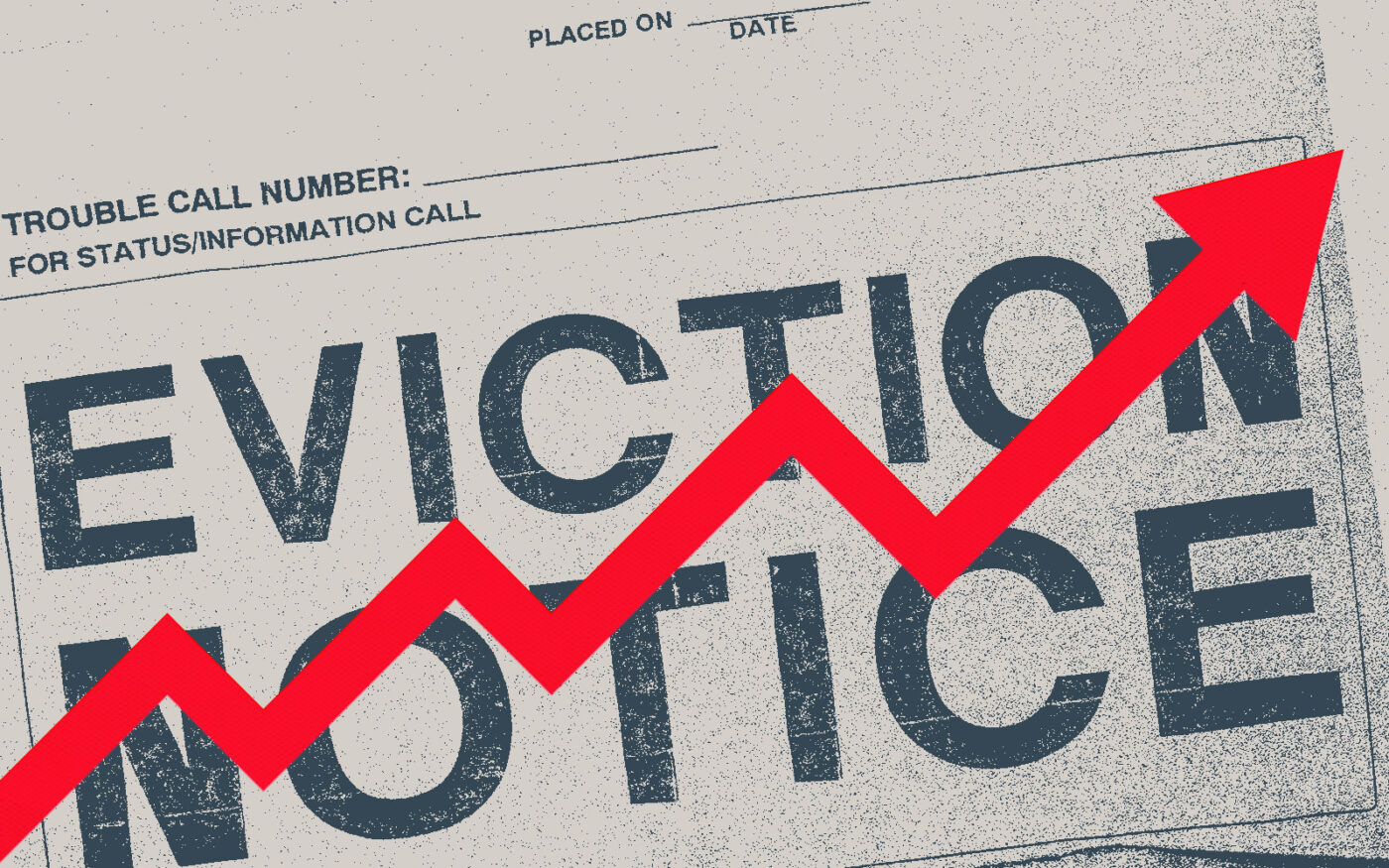Evictions are on the rise in Chicago, shedding light on the city’s affordable housing crisis and rising rental rates.
Through Dec. 5 of this year, 6,600 people were evicted in Cook County, the Chicago Tribune reported, citing data from the Cook County sheriff’s office.
While the number of eviction filings crept up to pre-pandemic levels last year, the surge in enforced evictions signals a growing housing crisis in Cook County. This year marks the first time that the number of evictions by the sheriff’s office, carried out under court orders, has reached the levels seen in 2019.
Property owners’ reluctance to accept additional rounds of government rental assistance, coupled with soaring rents in recent years, left many tenants struggling to meet higher monthly payments. Government programs aimed at preventing evictions have provided some relief but face limitations in addressing the root causes of the crisis.
The majority of evictions in 2023 have been concentrated in the South and West sides of Cook County, disproportionately affecting Black and Latino communities. This aligns with national data highlighting racial minorities’ heightened vulnerability to eviction.
Cook County’s eviction diversion program, initiated in November 2020, has played a role in curbing enforced evictions, leading to approximately 2,000 fewer cases in 2022, the outlet reported. However, the program’s extended process has drawn criticism for imposing financial strains on landlords, who argue that rent increases are unavoidable due to rising costs.
As the county grapples with an escalating housing crisis, landlords’ reluctance to accept repeated rental assistance for the same tenants has contributed to the ongoing eviction surge. The City Council’s introduction of a right-to-counsel ordinance aims to provide legal support for tenants facing eviction by 2027.
Cook County has allocated $6 million to the Cook County Legal Aid for Housing and Debt program in its 2024 budget.
Read more



